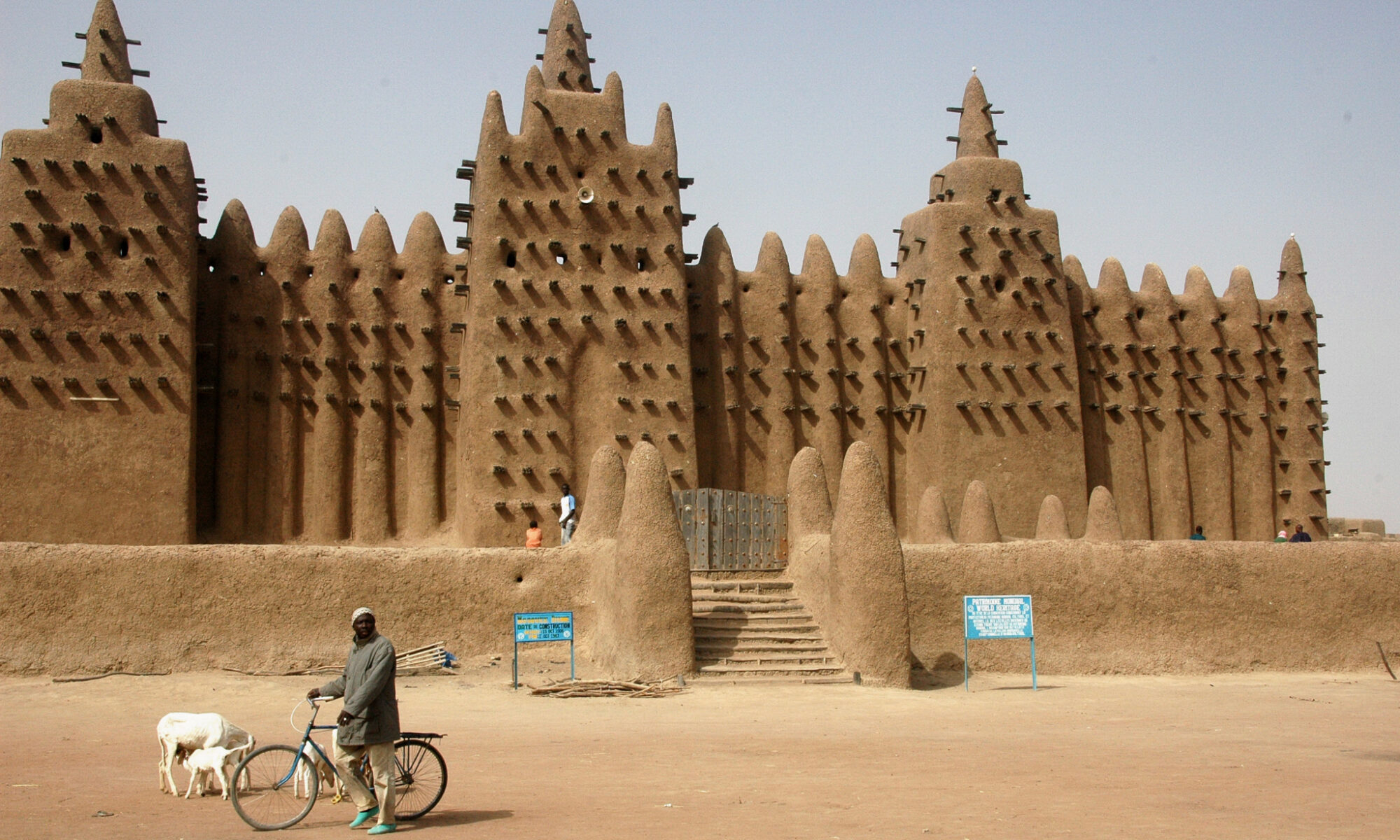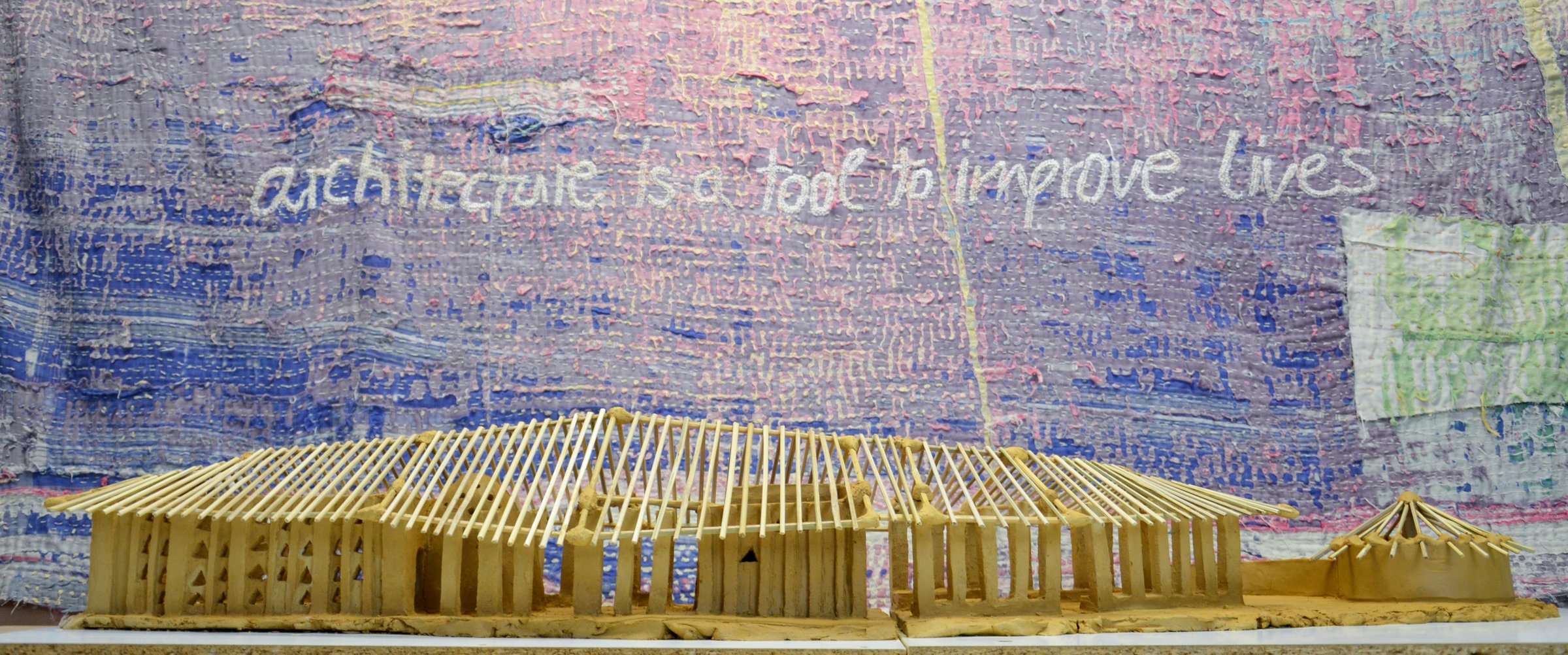 The Earth Campus in Tatale, Ghana, is a vocational training center designed to promote sustainable development through education and practical skill-building in one of Ghana’s rural regions, close to the Togo border. The project focuses on providing young people with the skills needed to support their families and counteract rural exodus. It is operated by the Salesians with the Don Bosco mission, which aims to empower the local community through sustainable techniques and education.
The Earth Campus in Tatale, Ghana, is a vocational training center designed to promote sustainable development through education and practical skill-building in one of Ghana’s rural regions, close to the Togo border. The project focuses on providing young people with the skills needed to support their families and counteract rural exodus. It is operated by the Salesians with the Don Bosco mission, which aims to empower the local community through sustainable techniques and education.
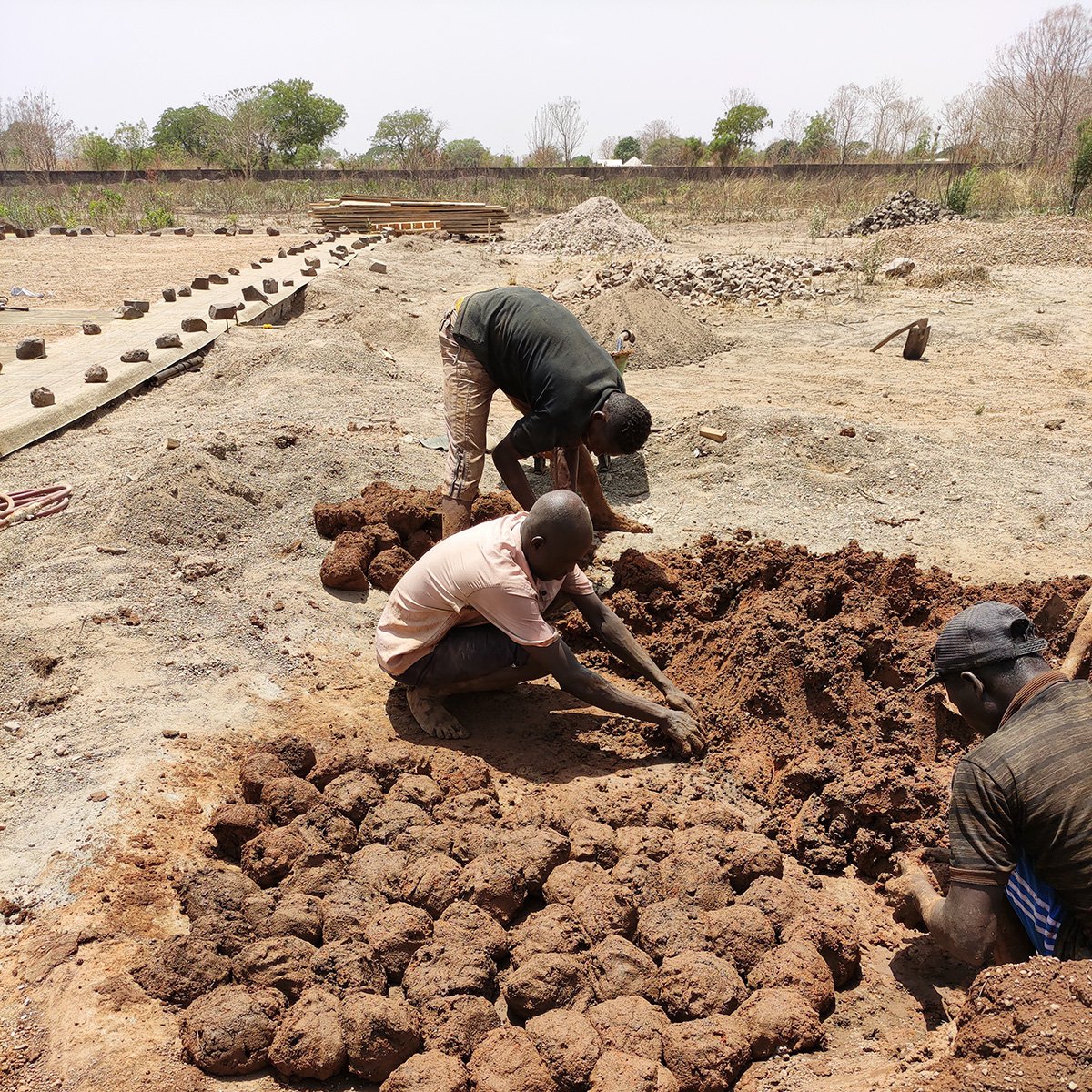
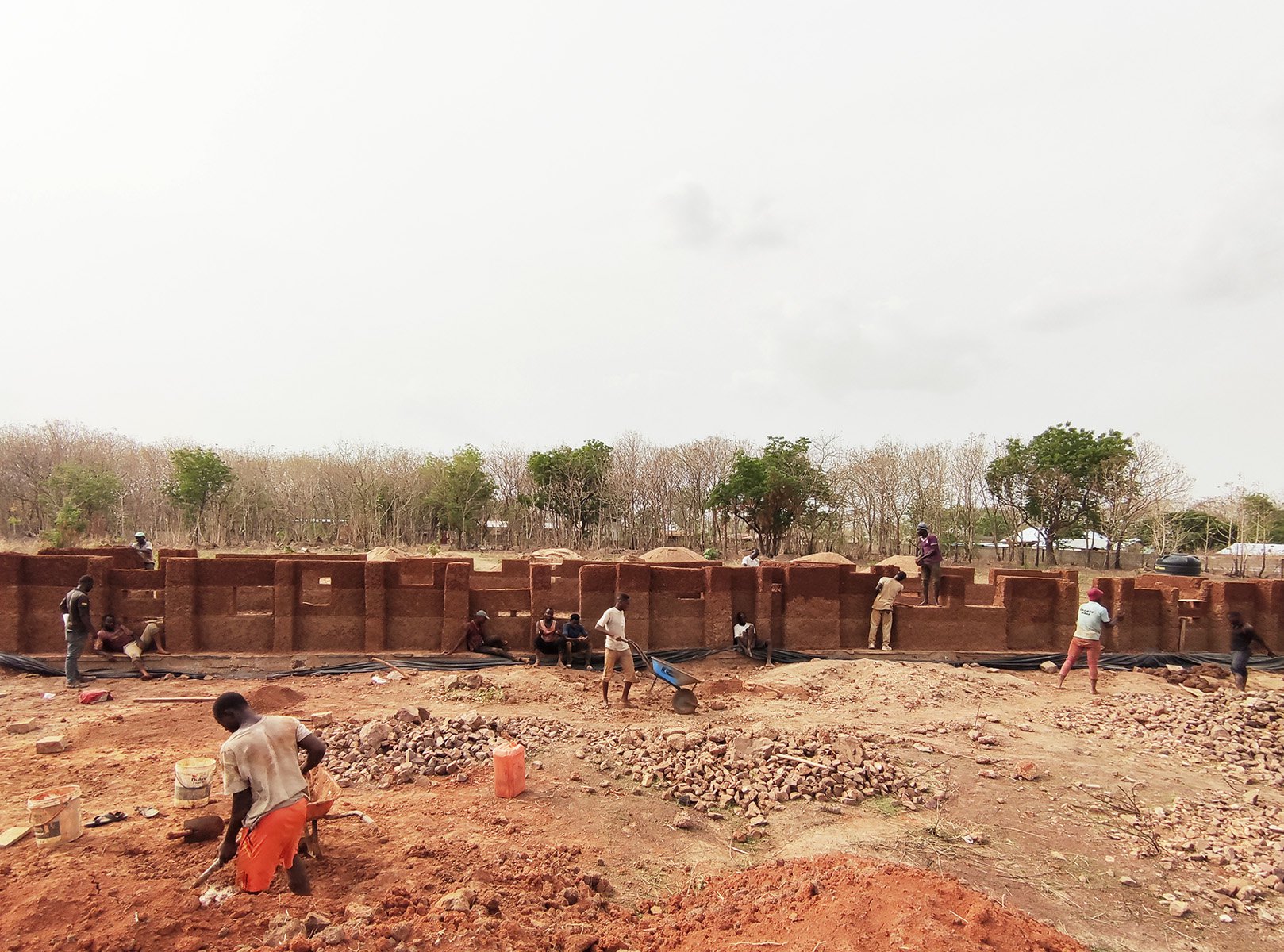

The campus offers training in sustainable construction methods such as adobe masonry, rammed earth, and timber structures. It also includes programs in agriculture, electrical training, domestic economy, and nutrition, giving students a broad range of skills. The campus is designed to incorporate local building traditions while teaching modern adaptations of these methods, blending vernacular architecture with contemporary sustainable techniques.


The use of local, natural materials such as earth plays a crucial role in reducing environmental impact while creating economic opportunities for the community. The project also uses natural ventilation strategies, ensuring comfort in the hot and humid climate of the region. The overall goal is to make the campus a model for how development projects can foster both environmental sustainability and social empowerment by maximizing local resources.
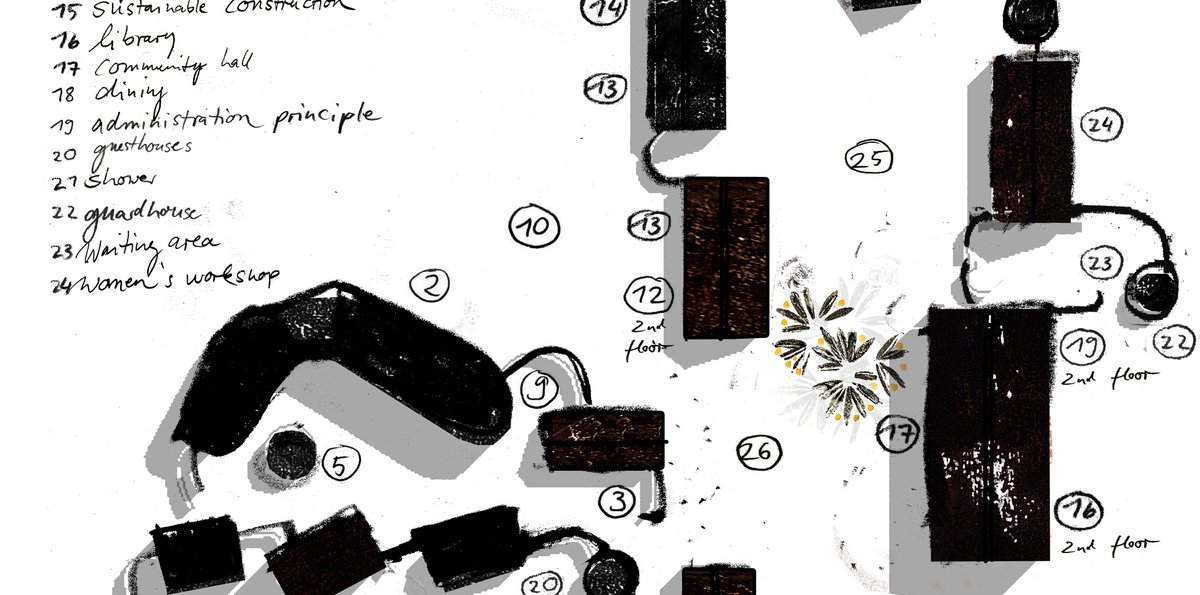
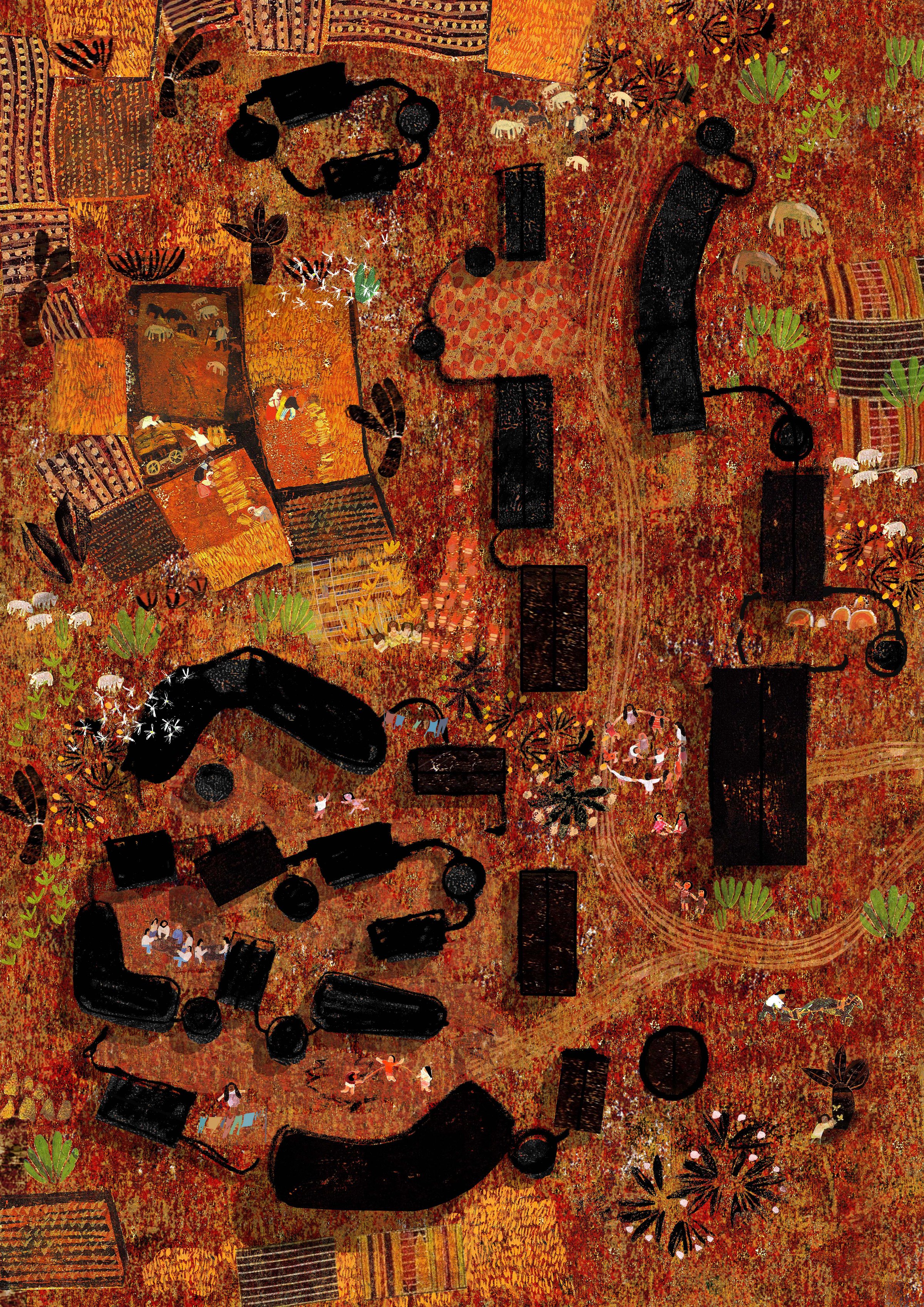

Through its design, the Earth Campus serves as an example of how architecture can be a tool for development. It challenges the conventional approach of using industrialized, imported materials in aid projects and demonstrates the benefits of building with locally available resources. This ensures that the added value remains within the community, fostering long-term sustainability and cultural preservation.
About the architect:
Anna Heringer is a renowned architect from Germany. She studied at the University of Art and Industrial Design Linz in Austria, focusing on sustainable architecture using local materials and techniques. Her work is rooted in creating environmentally and socially responsible architecture.
Heringer’s philosophy centers on sustainability and empowering communities through architecture. She emphasizes the use of natural, local materials, aiming to create socially and ecologically responsible structures. Her projects often focus on education, community development, and uplifting marginalized regions, particularly through vocational training and local engagement.
Anna Heringer runs her architectural practice, Studio Anna Heringer, with projects across the globe, including in Bangladesh, Ghana, and Europe. Her designs are grounded in cultural sensitivity and sustainable practices that challenge conventional construction norms.
Citations:
- Anna Heringer, “Tatale Earth Campus Project,” Anna Heringer Official Website, accessed October 15, 2024, https://www.anna-heringer.com/projects/vocational-school-tatale-ghana.
- Architecture for Hope, “Earth Campus Overview,” Architecture for Hope, accessed October 15, 2024, https://architectureforhope.com/work/earth-campus.html.
- Transsolar, “Tatale Educational Campus Project,” Transsolar KlimaEngineering, accessed October 15, 2024, https://transsolar.com/projects/tatale-educational-campus.
